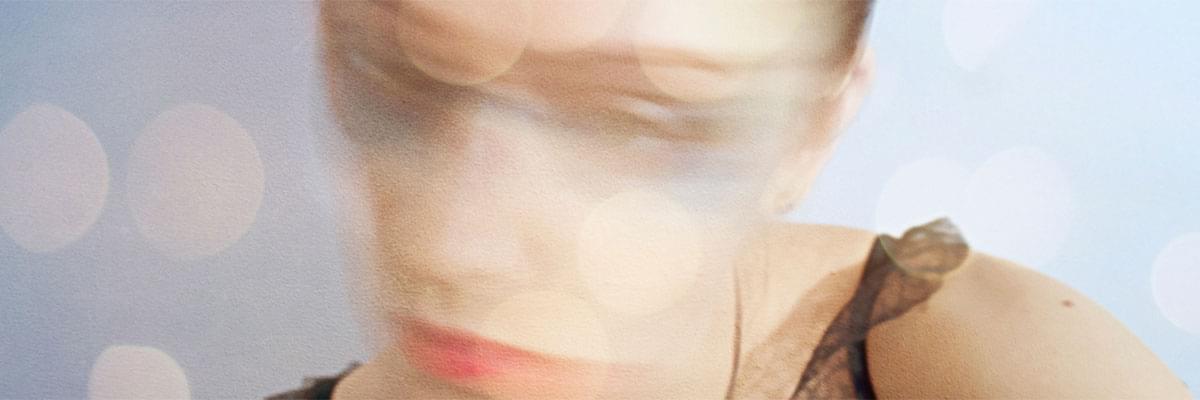
What can we do for you?
Could it be Body dysmorphia?
This is a possibility that should be considered when someone is seeking aesthetic treatments.
Firstly, what is body dysmorphia?
The correct medical term is body dysmorphic disorder (BDD) and can be extremely distressing and debilitating to the sufferer. It is classed as a mental health condition whereby the sufferer has a distorted view of their appearance that is not obvious to anyone else. This can manifest itself by the sufferer becoming obsessive about a particular part of their face or body, spending a lot of time assessing themselves in the mirror, or avoiding looking in the mirror at all. In some cases, they may try to cover up their perceived flaws by wearing hats, glasses, scarfs etc.
What is difficult however, is distinguishing BDD from the usual dissatisfaction that we can all have with our appearance from time to time. The difference generally is that on a bad hair day, or “ugly “day, we can shrug it off, secure in the knowledge that this feeling will pass and that we are not really the monster we think we are seeing.
In stark contrast, someone with BDD really struggles to get past these feelings, and instead of accepting that bad days happen, they focus all of their attention on how they look and even comparing themselves(unfavourably) to others.
Are aesthetic treatments right for BDD sufferers?
Yes and no.
Yes, in that treatments will improve the physical aspects
No, in that treatments will not treat the root cause of the problem, will most likely leave the client dissatisfied and wanting more intervention.
Clients who are happy with a treatment, only to move very quickly to another area of their face that they are dissatisfied with is often an indicator that what they are looking for will never come from a syringe.
Whilst we all have our own perceptions of ourselves, when a client is pointing out an endless list of “flaws” that they would like to address, it can be a red flag that aesthetic treatments may not be appropriate for them at that time, or that it’s time to draw a line under any further treatment.
As an aesthetic clinic, we have a responsibly to ensure that anyone seeking enhancements have realistic expectations, and that the treatments they are seeking will actually enhance their appearance.
There are many questions that can be asked during consultation to help determine if BDD is a possibility and may lead to a recommendation to seek counselling etc.
Of course, we are not for one moment saying that being dissatisfied with your facial features are a cause for concern, but in order to offer the best service and treat holistically, having an awareness of the possibility of BDD could in the long run help someone to access the medical care they need, not to mention saving them from the financial consequences.
Back to Articles






















